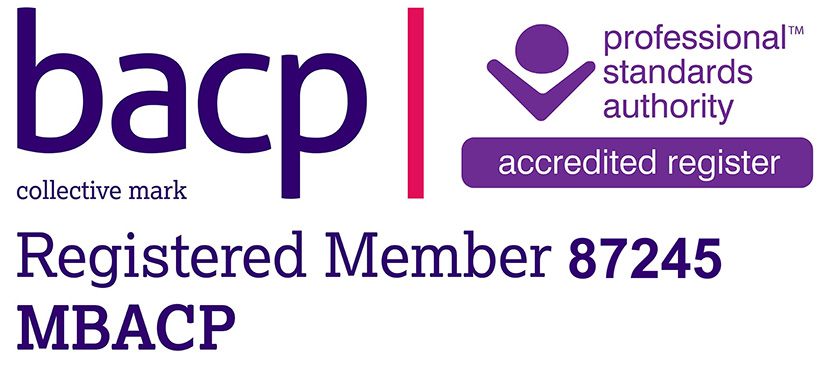covid-19 and anxiety.
The word ‘normal’ for many of us signifies ‘usual’, ‘natural’, ‘routine.’ Yet the world we are currently living in feels anything but normal to many of us. In struggling to retain any semblance of normality we have been forced to enter into this new existence of COVID-19, home-schooling and working, self-isolation, social distancing on the one hand and compulsory interaction with family on the other, exercising in front of screens whilst communicating through them. Is it any wonder with little control over our lives many of us report feeling overwhelmed by a sense of heightened anxiety, hyper vigilance, fear and loss of meaning?
In the world of trauma, an emotional response to a distressing event in our lives that causes us to no longer feel safe in our environment, covid-19 ticks all the boxes. We know it’s a virus that currently has no vaccine, is highly contagious and can lead to death. These facts alone may invoke fear, uncertainty and anxiety. So surely, it’s completely ‘normal’ to feel disconnected from reality?
Research tells us that psychological overwhelm and anxiety towards a real or perceived danger causes our threat system (or as I call it, tricky brain), to automatically respond as it was ecologically primed to do. Individual responses are subjective and how we respond is dependent on our personal resources, resilience and historical stressors.
If we logically look at what’s happening it can be reassuring to understand that this temporary new ‘normal’ isn’t based on the memory of an event that happened in the past, triggered by something in the present. Instead it’s a natural response to life’s events.
- Our patterns of behaviour, social connections and freedom of choice have been changed.
- In many cases sources of income have been withdrawn.
- We’re exposed to actual danger - especially our frontline workers.
- Those with additional medical needs may feel ignored/isolated
- Our basic physiological needs may not be met; food, shelter, sleep etc.
Taking all this into account it’s understandable our tricky brain will respond, alerting our threat system, causing anxiety and stressful symptoms to take over.
So how can we help ourselves stay well to help prevent future mental health issues developing?
- Creating balance is very important to our physiology. Positive distraction is beneficial and the opposite of avoidance. Avoidance maintains our anxiety, but creating a distraction – however briefly - allows our tricky brain to recognise a lowering of anxiety meaning we can function more logically and rationally.
- Grounding (describing our environment/an object, counting etc) will bring us back to the present day if one feels disconnected from others or reality.
- Exercise, pet interaction, baking, journalising, art, puzzles, games, connecting through social media links, phone conversations, visualisation, imagery, sensory perception & re-living nostalgic memories.
- Understanding what’s happening to us physiologically and psychologically from a reputable source that isn’t based on speculation or catastrophising. Limiting our amount of news coverage to bite sized chunks and interspersing it with positive distraction.
- Communication; maintaining contact as much as possible with loved ones, friends, neighbours, colleagues and sharing our fears, can help dilute our anxieties.
- Acknowledging the thoughts and feelings we have with curiosity, no matter how challenging can help to lessen their intensity. Paying attention to them and understanding their origin can be helpful in creating a balanced state of mind.
- Being compassionate and kind to ourselves as well as others gives us a sense of purpose and makes us feel good.
There’s no doubt that going forward another ‘normal’ will take the place of this one and some of us may seek professional help to try and make sense of our world and re-set our buttons. And some may not. It’s important to understand we can’t control what happens with the corona virus or the economy, but we can control how we respond to it. As Plato said…..“There are two things a person should never be angry at: What they can help, and what they cannot”
Research from:
The Body Remembers & The Body Remembers Volume 2; Babette Rothschild
Maslow’s theory of self actualisation
